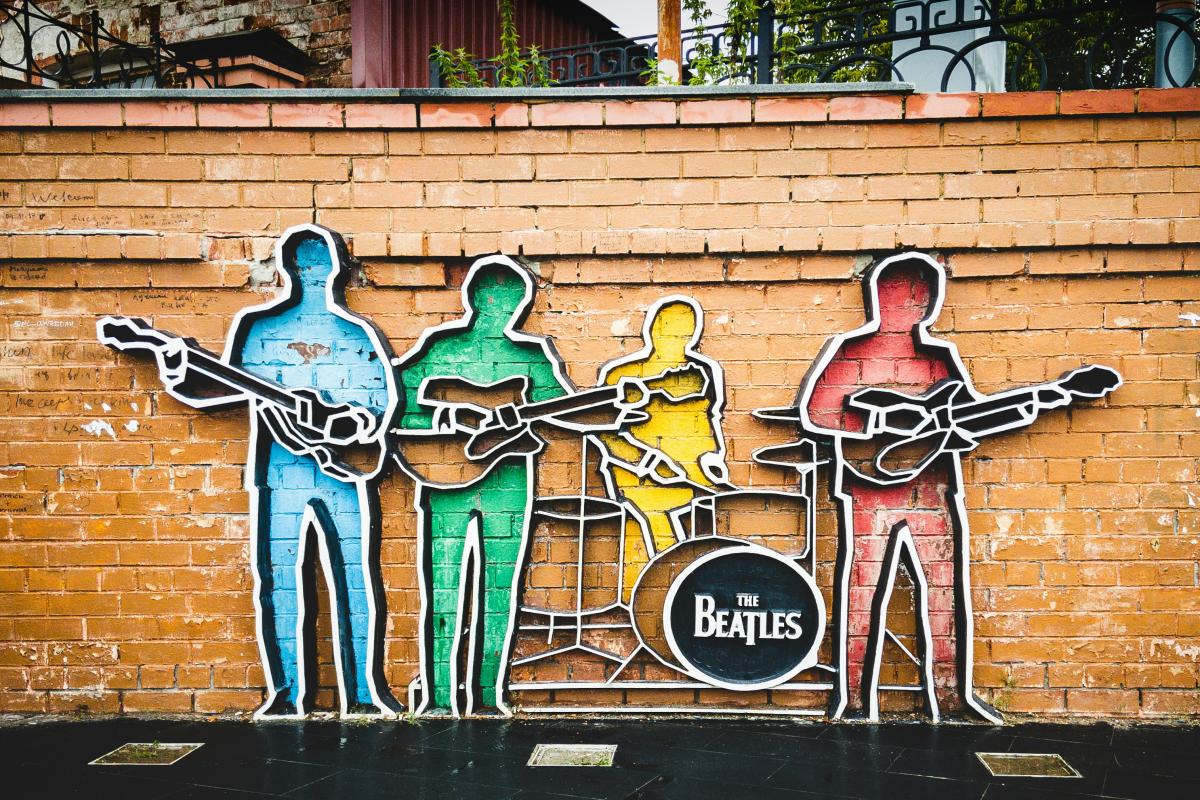
When fans become investigators
Introduction
In the effervescent world of musical culture, the rediscovery of Paul McCartney's first bass, missing for over half a century, represents a landmark event that transcends borders and generations. This story begins in Germany in the 60s, when McCartney, then a young Beatles musician, acquired a Höfner 500/1 bass that would become emblematic of the sound that propelled the Beatles onto the world stage. This story is more than just a musical anecdote; it embodies the never-ending quest for the link between past and present, recalling the indelible impact of the Beatles on global culture. The disappearance and recent rediscovery of this precious instrument offers a window on the evolution of music, perseverance and the importance of preserving our cultural heritage. Through this article, we dive into the fascinating story of this bass, exploring its history, its loss, and its incredible reappearance, while reflecting on what this means for Paul McCartney, the Beatles, and music aficionados the world over.
Historical background
In the historical context, we plunge into the formative years of Paul McCartney and the Beatles, a time when rock'n'roll music was taking off. McCartney, along with John Lennon, George Harrison and Ringo Starr, transformed the world's musical landscape. Their journey began in earnest in Hamburg, Germany, a crucial stage in their development. It was here that McCartney acquired his famous Höfner 500/1 bass in 1961, an instrument that would become iconic in the musician's hands. This bass played a key role on the Beatles' first albums, helping to define the unique sound that would captivate France, Germany and the world. As we look back on this period, we discover how the alchemy between McCartney and his bass influenced not only the Beatles, but generations of musicians to come, shaping the musical culture of the 20th century and beyond.
Disparition
The disappearance of Paul McCartney's first bass, a key piece in the Beatles' history, is an event shrouded in mystery and nostalgia. Stolen in 1972, this Höfner 500/1 bass, acquired in Hamburg in 1961, was not just an instrument, but a symbol of the band's formative years in Germany and their meteoric rise to worldwide fame. Its loss represents a forgotten chapter in the tumultuous life of the Beatles, evoking an era when every melody and concert contributed to forging the rock legend.
The Research Project
The search for Paul McCartney's missing bass, named "The Lost Bass Project", has been a true quest, bringing together enthusiasts, music experts, and amateur sleuths. Launched in 2018, this ambitious project aimed to find the instrument that had been lost for over half a century, an undertaking that testifies to the importance of this bass not only to McCartney but to the history of popular music. The project involved international collaboration, highlighting the Beatles' cross-border impact and continuing fascination with their legacy.
The Discovery
The discovery of Paul McCartney's first bass after more than half a century has captivated fans and music historians alike. Thanks to the "Lost Bass Project" initiative, launched in the hope of finding this lost treasure, the bass has finally been found, marking a historic moment. This iconic instrument, which played a crucial role in the early days of the Beatles, is now back in the spotlight, ready to tell new stories and further enrich our understanding of the band's history and 20th-century music.
Cultural implications
The rediscovery of Paul McCartney's first bass has profound cultural implications, underlining the interconnection between music, history and collective memory. This event not only celebrates the return of a lost object, but reaffirms the importance of the Beatles in the world's musical heritage. The reappearance of the bass invites us to re-evaluate the band's impact on popular culture and how their legacy continues to influence new generations of artists and music lovers.
Future prospects and projects
The reunion of Paul McCartney's first bass opens the door to new projects and prospects, including exhibitions, documentaries and educational initiatives aimed at sharing his story with a wider audience. The event could also inspire McCartney and other artists to explore new creative works, strengthening the link between the musical past and future innovations.
Conclusion
The rediscovery of Paul McCartney's first bass, more than fifty years after his disappearance, resonates as a poignant reminder of the Beatles' indelible impact on music and world culture. This fascinating story, combining mystery and nostalgia, underlines the deep connection between historical objects and their evocative power. It invites us to reflect on how music shapes our collective history and continues to inspire the future, testifying to the enduring legacy of the Beatles in people's hearts across the centuries.
Did you like this article? Apolline offers singing lessons in Lausanne as well as guitar lessons, drum lessons and piano lessons to help you improve your musical skills.
Here are some others that might interest you:
